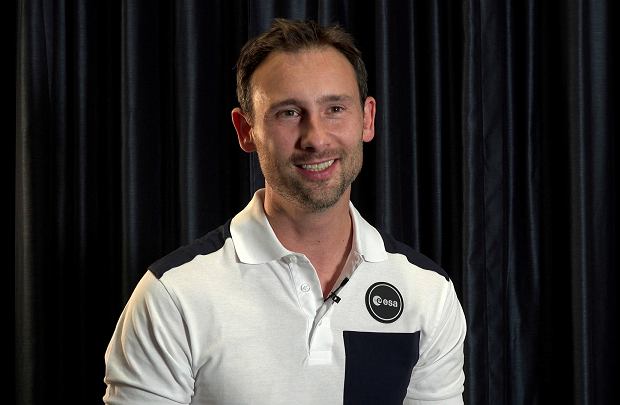Poland’s presidential elections will be held in May 2025. However, for Sławosz Uznański, a Polish astronaut participating in the Axiom-4 mission to the International Space Station (ISS), being able to cast a vote poses a significant challenge. Polish election law does not provide procedures for voting from space.
The second Pole in space
Sławosz Uznański is a Polish scientist and engineer who was selected as a reserve astronaut of the European Space Agency (ESA) in 2022. He graduated from the Technical University of Lodz and the University of Nantes, earning master’s degrees in engineering. In 2011, he received his PhD from the University of Aix-Marseille in France. He worked at the European Organization for Nuclear Research (CERN), where he served as chief engineer responsible for the operation of the Large Hadron Collider (LHC). His research focuses on the design of high-reliability electronic systems, as well as radiation effects in electronic circuits.
As part of the Axiom-4 mission, scheduled for spring 2025, Sławosz Uznański will fly with an international crew to the ISS. The crew will also include Peggy Whitson from the United States (mission commander), Shubhanshu Shukla from India and Tibor Kapu from Hungary.
Electoral dilemmas “not of this Earth”
Polish election law does not provide for voting from space. Currently, voting by mail can be used by people over 60, those with a disability certificate, and those in quarantine or isolation. None of these criteria covers the situation of an astronaut in orbit.
International solutions
Some countries, such as the United States, offer early or mail-in voting for citizens residing abroad, including astronauts. For example, U.S. astronauts have the option of voting from aboard the ISS. In Poland, however, such solutions have not been implemented so far, which should prompt consideration of adapting electoral regulations to exceptional situations, such as space missions.
Sources: TVN24, polsa.gov.pl, naukawpolsce.pl








